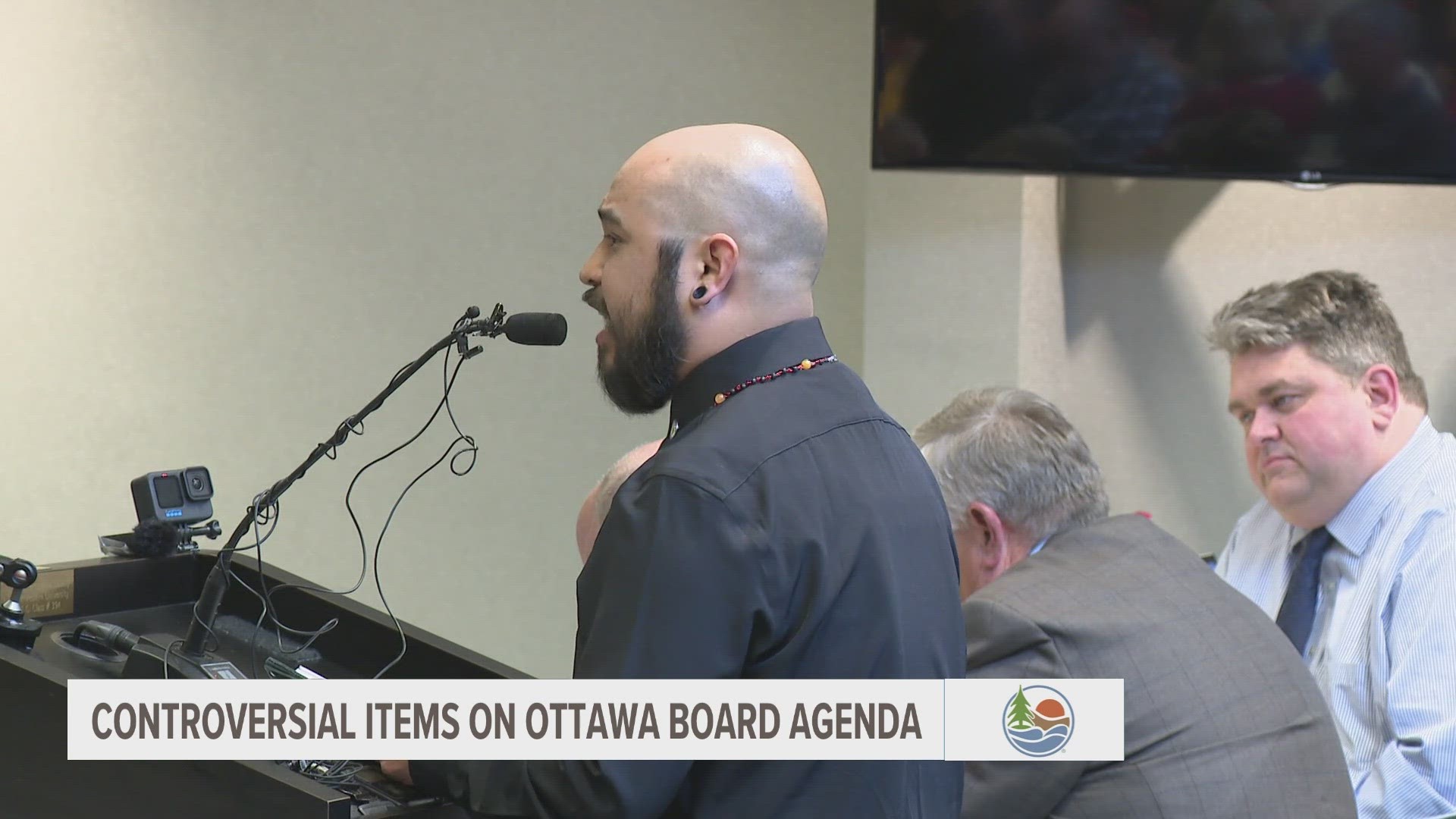LANSING, Mich. — From income tax cuts to auto insurance reform to shared custody of children, issues sparked special interests’ and voters’ appetite for change, but fizzled out as political realities prevailed.
The top five bills that died in the last two years:
No fault auto insurance reform
It was such a big darned deal that it died twice in the House of Representatives. In November 2017, Detroit Mayor Mike Duggan teamed up with Republicans in the House to craft an auto insurance plan that would allow drivers to choose their level of coverage, but didn’t guarantee long-term rate cuts. It died on a 45-63 vote.
This week, a pair of Republican House members — Reps. Tom Barrett of Charlotte and Joseph Bellino of Monroe — created a buzz when they tried to resurrect a similar plan in an effort to get something done about the highest-in-the-nation no fault auto insurance costs. It also had the backing of Duggan and Detroit businessman Dan Gilbert, but died for lack of time and buy-in from Democrats in the House and the Republican leadership in the Senate.
Stay tuned, though. Gilbert said if no fault auto insurance reform isn’t tackled by the new Legislature coming into office in January, “we are prepared to take this directly to the ballot.”
Shared Parenting
A proposal to require judges to award shared custody of children to divorced parents unless there was evidence of domestic violence had fathers’ rights groups clamoring for a vote. The bill — House Bill 4691 — would have removed some of the discretion that has been given to judges to set custody arrangements. It also would have prohibited parents from moving more than 80 miles away from the other parent and would require judges to take the wishes of the children, if they’re older than 16, into account when making custody decisions.
There are some bills that generate a flood of response and this was one as non-custodial parents called the media for months looking for updates on the progress of the bill. But the issue also aroused a torrent of opposition from judges, advocates against domestic violence, family court employees and the family law section of the state Bar of Michigan.
The bill passed a House committee, but never got a vote on the floor. The sponsor, Rep. Jim Runestad, R-White Lake, won a seat in the state Senate in the Nov. 6 election and is sure to resurrect the matter in the new year.
Union re-certification
Over the past six years, many Republican-sponsored measures have passed that have hampered organized labor’s ability to expand and thrive. From right to work in 2012 to this year's effort to repeal the prevailing wage, which mandates union-scale wages on public construction projects, unions have succumbed to the Republican majorities in the House and Senate. But a measure introduced this month by Senate Majority Leader Arlan Meekhof, R-Grand Haven, that would have required public employee unions to re-certify every two years apparently went too far.
Police and fire unions complained about the disruption such union elections would have on organizations that depend on fostering unified teams. And many Republicans are loathe to get on the bad side of first-responders. Meekhof dropped the legislation, saying, “We don’t have the votes ready to do that one. But a number of returning Senators who really want to do this will pick it up.”
Banning home-grown marijuana
Michigan voters approved a ballot proposal to legalize marijuana for adult recreational use, which included a provision to allow residents 21 and older to grow up to 12 plants in their homes for personal use. Meekhof wanted to change the proposal to ban the home grows and lower the excise tax rate from 10 percent to 3 percent. Because the measure was passed by voters — by a 56-44 percent margin –— it would have taken a three-quarters super majority vote in the House and Senate to pass.
Meekhof dropped it when the votes didn’t materialize, but bemoaned the measure that he feels will flood neighborhoods with legal weed. “Most people want recreational materials regulated to a degree that will make society safe.”
While weed was legal to possess and consume as of Dec. 6, recreational marijuana won’t be commercially available for sale until the state develops the rules and regulations to govern the market and begins awarding business licenses in early 2020.
Voting selfies
While social media enthusiasts applauded a House committee for passing a bill last week that would allow people to take selfies while voting, the Secretary of State didn’t support the bill, saying it could cause logjams at polling places. The office also said that the ban is important to discourage people from trying to buy votes or coerce or intimidate voters by demanding proof of how they voted.
As a result, the bill which would have repealed a law that penalizes taking selfies at polling places with a punishment of up to 90 days in jail or a $500 fine, died a quiet death without getting a vote in the full House of Representatives or Senate.
Contact Kathleen Gray: 313-223-4430, kgray99@freepress.com or on Twitter @michpoligal.



